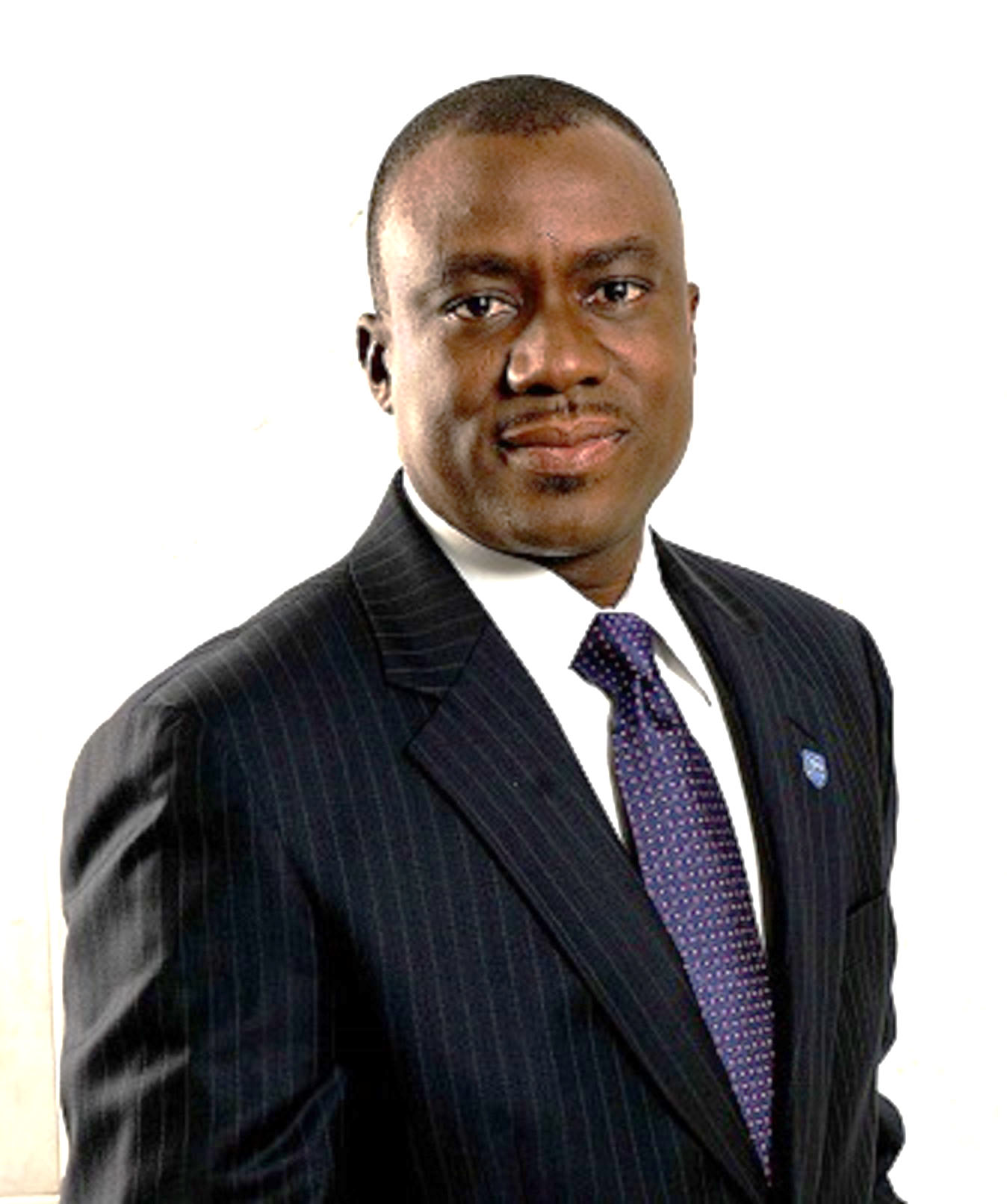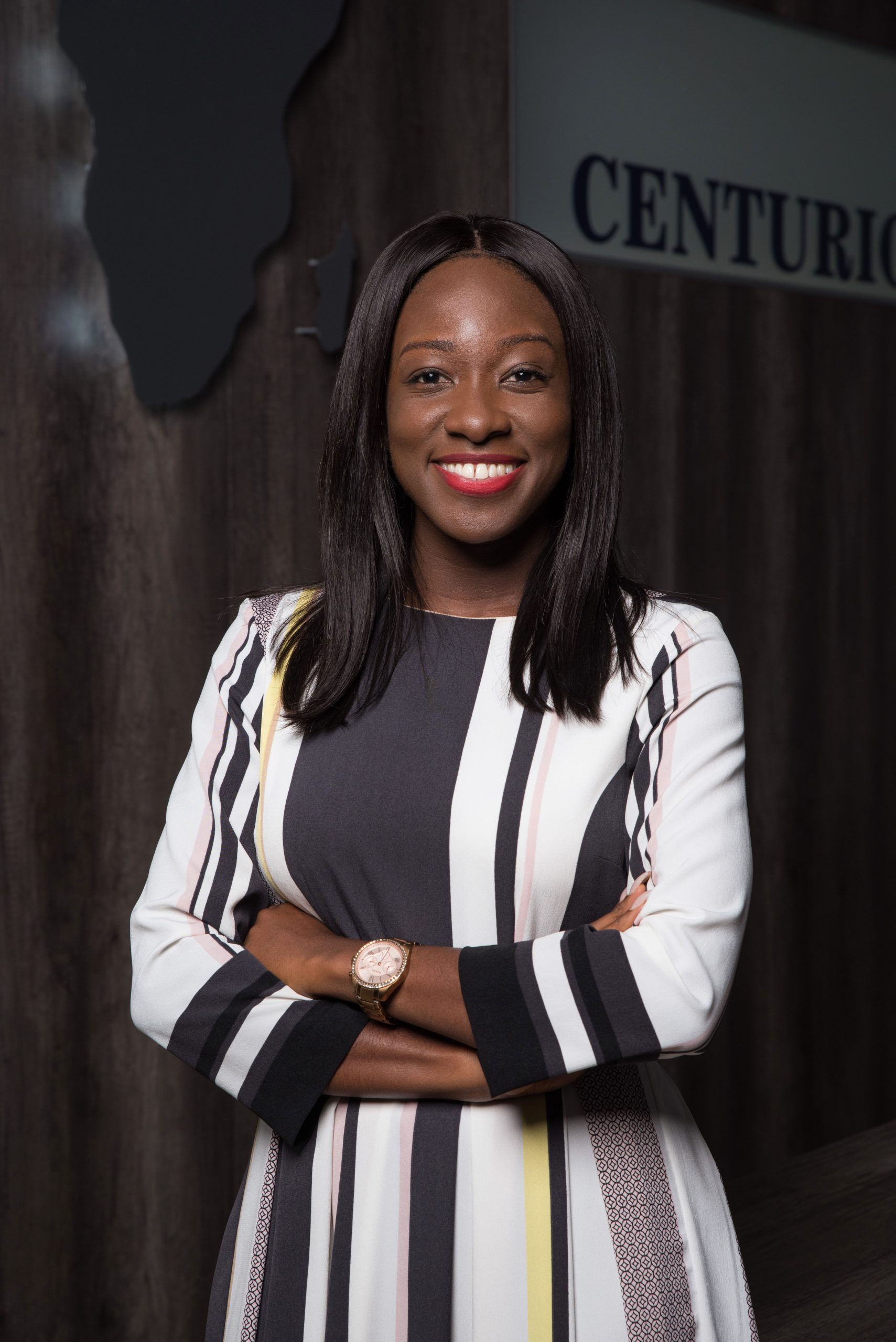
IsDB Launches Alliance to Fight Avoidable Blindness II in Djibouti
IsDB Launches Alliance to Fight Avoidable Blindness II in Djibouti
Within the framework of the Second Generation (2nd Phase) of the Alliance to Fight Avoidable Blindness (AFAB), the Islamic Development Bank (IsDB) (www.ISDB.org) and the Islamic Solidarity Fund for Development (ISFD) have executed cataract surgery campaigns in the city of Djibouti and its surrounding rural localities.
The campaign, which was held during April and May 2021, was conducted in collaboration with the National Program for Control of Blindness-Djibouti and the “Institut Ophtalmologique Tropical de l’Afrique (IOTA)”-Mali.
Under these campaigns, financed by the Azerbaijan International Development Agency (AIDA), 11,709 patients were given vision screening and 1,032 cataract treatment surgeries were conducted in addition to providing post-surgical monitoring and visits to patients.
These campaigns are a part of a continued commitment to performing 100,000 surgeries in the next five years under the IsDB’s Regional Cooperation and Integration Department initiative.
The Djibouti city campaign was honored by the visit of H.E. Mohamed Warsama Dirieh Minister of Health and H.E. Moustapha Mohamed Mahamoud, the Minister of National Education and the Vocational Training.
H.E. Mr. Mohamed Warsama Dirieh Minister of Health stated: “I would like to thank the National Program for Control of Blindness, very sincerely, for the hard work that has been accomplished for the needy people. My sincere thanks to the Islamic Development Bank and the Azerbaijan International Development Agency (AIDA), without whom these campaigns would not have taken place. This action illustrates the close relationship between Djibouti Government and IsDB particularly in the health sector.”
IsDB President, Dr. Bandar Hajjar, indicated that “IsDB and ISFD plan to continue to provide free treatments to the poor and promote surgical technological advancement on patients suffering from visual impairment”.
Based on the success of the First Generation (1st Phase), the IsDB and the ISFD decided to introduce the Second Generation of the Alliance. This new program will broaden the outreach to other preventable eye diseases and focus more on capacity development while continuing reducing the prevalence of blindness due to cataract.
AFAB aims to benefit 13 member countries namely Burkina Faso, Chad, Comoros, Cote d’Ivoire, Djibouti, Guinea, Guinea Bissau, Mauritania, Mali, Mozambique, Niger, Somalia, and Togo.
Distributed by APO Group on behalf of Islamic Development Bank Group (IsDB Group).
About Islamic Development Bank (IsDB) Group:
Rated AAA by the major rating agencies, the Islamic Development Bank is a multilateral development bank that has been working for over 45 years to improve the lives of the communities it serves by delivering impact at scale. The Bank brings together 57-Member Countries across four continents, touching the lives of 1 in 5 of the world population. Its mission is to equip people to drive their own economic and social progress at scale, putting the infrastructure in place enabling them to fulfil their potential. Headquartered in Jeddah, Kingdom of Saudi Arabia, IsDB has regional hubs and centers of excellence in 11 of its Member Countries. Over the years, the Bank has evolved from a single entity into a group comprising five entities: Islamic Development Bank (IsDB), the Islamic Development Bank Institute (IsDBI) tasked with research and training, the Islamic Corporation for the Insurance of Investment and Export Credit (ICIEC), the Islamic Corporation for the Development of the Private Sector (ICD), and the International Islamic Trade Finance Corporation (ITFC).
About Islamic Solidarity Fund for Development (ISFD):
The Islamic Solidarity Fund for Development (ISFD), the poverty reduction arm of the IsDB Group, is dedicated to reducing poverty in its member countries by promoting pro-poor growth, emphasizing human development, especially improvements in health care and education, and providing financial support to enhance the productive capacity and sustainable means of income for the poor, including financing employment opportunities, providing market outlets especially for the rural poor and improving basic rural and pre-urban infrastructure.




Recent Comments